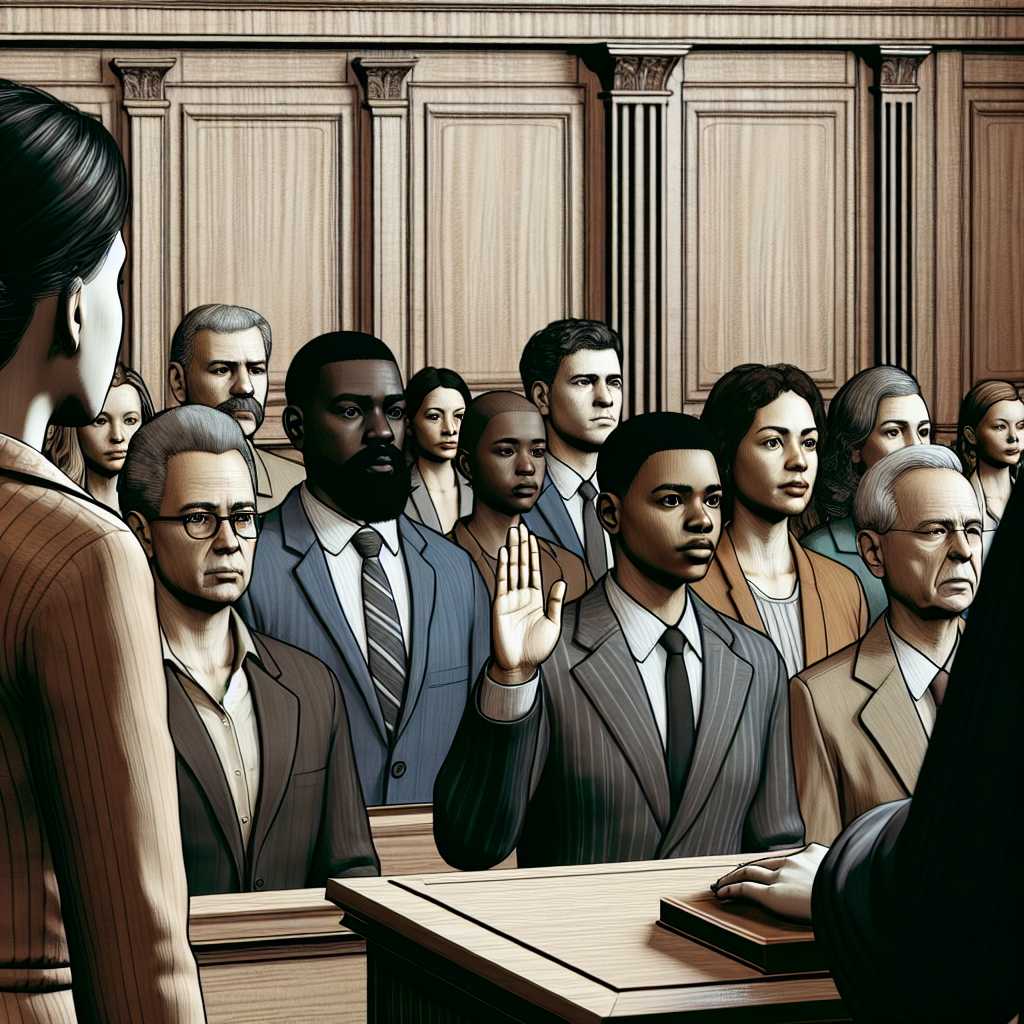Understanding the Concept of a Witness in Legal Systems
The concept of a witness is integral to legal systems around the world. A witness is an individual who comes forward to provide testimony in a court of law, based on personal knowledge or experience related to the case at hand. Witnesses can play a crucial role in both criminal and civil proceedings, as their accounts can help establish facts, affirm the credibility of other evidence, and ultimately contribute to the administration of justice. This article will explore the various types of witnesses, their roles and responsibilities, and the legal protections afforded to them.
Types of Witnesses Explained
Witnesses can be broadly categorized into several different groups, based on the nature of their testimony and their relationship to the legal case:
Eyewitnesses:
Eyewitnesses are individuals who observed firsthand the event or incident in question. They present their recollection of what occurred, which could prove essential in building a narrative around disputed events.
Expert Witnesses:
Expert witnesses are specialists in a particular field, called upon to provide professional opinions based on their expertise. These witnesses are not personally involved in the case but rather offer an analysis to clarify technical or complex subjects for the court.
Character Witnesses:
Character witnesses provide testimony about someone’s personality traits or reputation within a community. Such testimony can help influence a jury or judge’s perception of a party’s motives or behaviors.
Alibi Witnesses:
An alibi witness is someone who claims that the accused was elsewhere at the time a crime was committed, thus providing an “alibi” that could exonerate him or her if proven true.
Corroborating Witnesses:
These individuals did not witness the event directly but can validate certain facets of another witness’s testimony, strengthening its credibility.
Roles and Responsibilities of Witnesses
A witness has several responsibilities once they are called upon to provide testimony:
Truthful Testimony:
Above all, witnesses are obliged to tell the truth. Providing false testimony under oath is a criminal offense known as perjury.
Memory Accuracy:
Witnesses must strive to provide accurate details from their memory. This may include dates, times, locations, identifying features, and actions.
Objectivity:
A witness should offer an impartial account without bias. Any influence from external pressures must be resisted.
Availability and Cooperation:
Witnesses are required to cooperate with legal proceedings, which may include meeting with attorneys prior to testifying and showing up in court on time when summoned.
Understanding Legal Terminology and Procedure:
It can be helpful for witnesses to have an understanding of legal phrases and courtroom decorum, facilitating clearer communication during their testimony.
Legal Protections for Witnesses
Witnesses are granted certain legal protections intended to facilitate their honest participation without fear of repercussion:
Right to Counsel:
In some cases, particularly where potential issues of self-incrimination arise, witnesses might have the right to consult with an attorney before testifying.
Protection from Retaliation:
Laws exist that protect witnesses from threats or retaliatory actions as a result of their testimony.
Anonymity Options:
Under special circumstances, such as cases involving organized crime, witnesses may have options for anonymity to protect their safety.
Witness Assistance Programs:
Some jurisdictions offer assistance programs for witnesses dealing with distress or inconvenience caused by participating in a case.
Witness Adequacy Training:
In some scenarios, sessions on how best to give testimony or cope with cross-examination pressures may be provided to help eyewitnesses fulfill their roles effectively.
Legal Challenges Involving Witness Testimonies
Despite thorough cross-examinations and protocols ensuring truthful testimony, witness accounts are not without potential flaws:
Memory Fallibility:
Human memory is not infallible. Over time it can be influenced by numerous factors leading to inconsistencies or unconscious alterations in how events are recalled.
Presentation Bias:
Witness testimony is susceptible to either deliberate or unconscious bias towards one side of the dispute due to personal beliefs or relationships.
Pressure Vunerability:
The high-pressure environment of a courtroom can affect a witness’s ability to recall information accurately or speak confidently.
Notes
Image Description: An attentive courtroom with participants looking toward a witness taking an oath on the stand with their right hand raised; there’s a solemn expression on their face stressing the gravity and responsibility that comes with providing testimony under oath.
